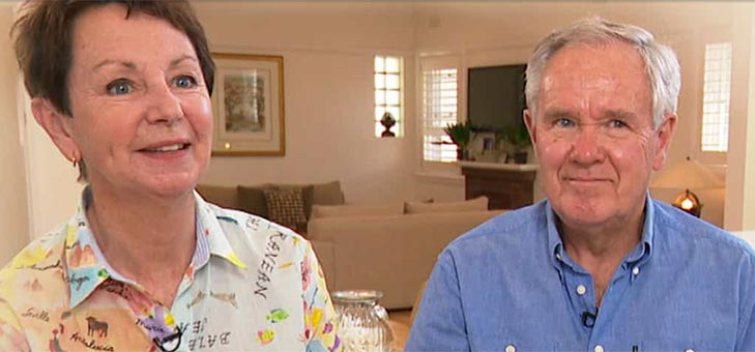Financial planners know they must win us over.
They know they must find new ways to help retirees sustain an income after they finish working. They need to convince retirees that superannuation is for consumption and it’s okay to “eat your capital”.
They admit that financial advice is suffering from a dearth of trust.
Todd Clifford, general manager at Viridian Select, said: “So many consumers see advice as unaffordable, inaccessible or they see the financial adviser as someone who will take advantage of them.”
The industry’s reputation remains damaged, says professionalplanner.com.au.
As The Sydney Morning Herald put it: “The financial advice industry has been through a reckoning since the 2018 banking royal commission exposed fees for no service scandals, systemic misconduct and trailing commissions for unnecessary products.”
Read more: Financial advisers explain their fees
So, given the issues facing financial advice as it adapts to becoming regulated, how does a layman consumer choose who to help them plan their life after work?
It’s a huge question, because the Productivity Commission estimates that half of Australian adults have unmet financial needs.
First, work out exactly what you need from the advice, whether it is to do with one issue or a general plan including all your finances.
Now, do your research. Laura Higgins from ASIC’s MoneySmart says you should check out prospective advisers on the ASIC Financial Advisers Register to learn “how long they’ve been licensed, their qualifications, whether they’ve been banned and what product areas they can advise on”.
Avoid “robo-advice” from online programs: unfortunately, you need to engage with humans on this topic.
Next, read their financial services guide.
Now, line up a few candidates and compare them. Don’t be passive; ask all the questions you need answered. The stock exchange (ASX) says you should meet with several advisers before making a choice. As the average consultation will cost more than $2000, there’s no rush.
Here’s their suggested list of queries:
- qualifications, main client base, and specialty areas
- commissions or incentives received from financial products, and how products recommended to you will be chosen
- what fees you will pay, how often and what you’ll get in return
- how your money will be managed, including how your investments will be monitored
- how you will be consulted on decisions
- how often you will meet, what information you will receive, and how often
- who will look after your account when the consultant is away?
- how your complaints will be dealt with.
- how to end your agreement with the consultant (including any penalties or notice periods).
Read more: Why retirees need a financial adviser
Once you’ve chosen your adviser, make sure you are prepared.
Here’s choice.com’s advice for your first financial advice meeting:
- prepare a household budget detailing all sources of income and summarising your living expenses
- make a list of all assets and their value, and all liabilities (credit cards and other loans)
- make a list of your financial needs and goals for the short, medium, and long term
- learn as much as you can about different investments and markets
- think about how much risk you’re prepared to take when investing
- make a list of all existing investments, including information about their current value, past performance and fees
- get up to speed on information your planner may not have access to, such as whether your employer is able to channel more of your salary directly into super (‘salary sacrifice’) or options within your existing super fund.
Don’t be hurried and make sure you feel your questions are being answered. It’s your money and your retirement and the adviser should be working on your behalf.
The greatest investment you might make could be the time spent choosing and preparing to meet your financial expert.
Have you hired a financial adviser? Do you feel confident you can find a trustworthy financial adviser?
Read more: Financial advice in a dire state
If you enjoy our content, don’t keep it to yourself. Share our free eNews with your friends and encourage them to sign up.

